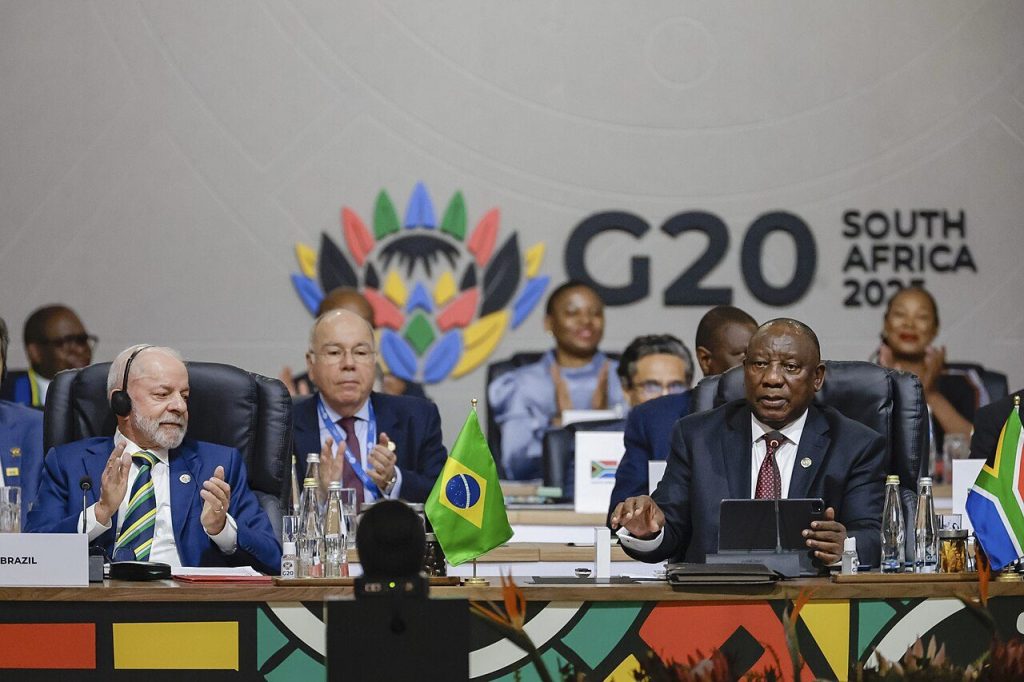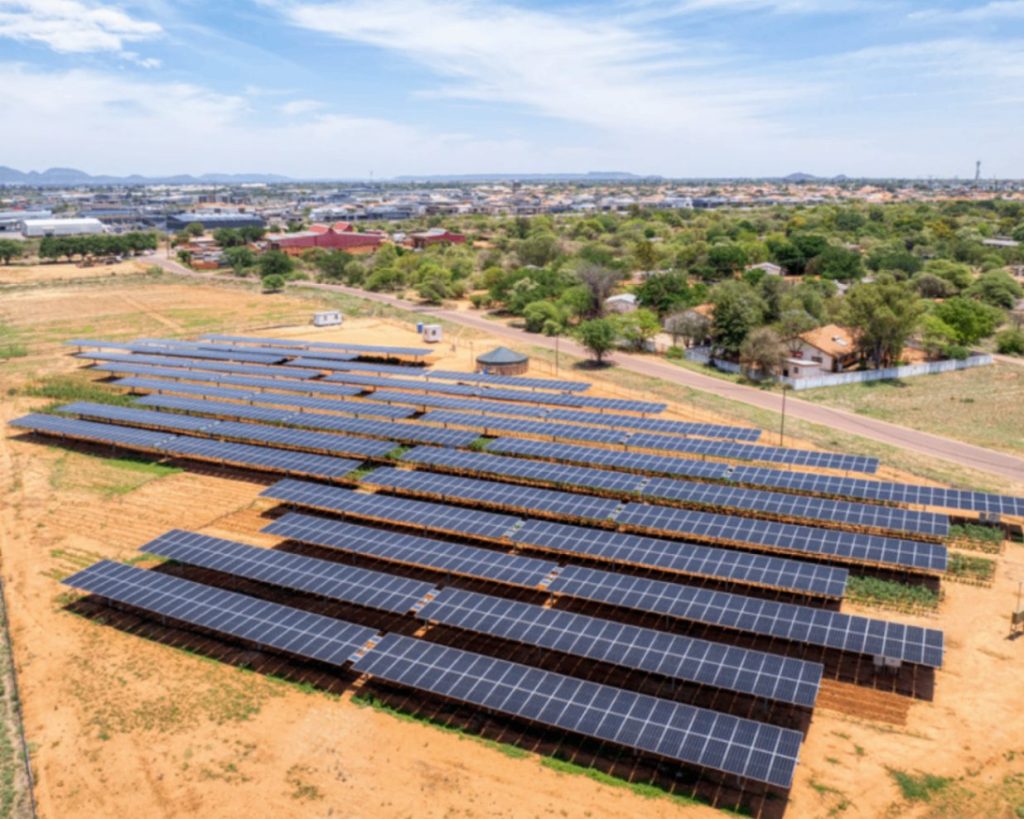According to the Third World Network information reporting services, on 22 March 2023, the World Trade Organization’s (WTO’s) Director-General, Ms Ngozi Okonjo-Iweala, sent a proposal to members concerning the development of a global carbon pricing framework under development by the Secretariat.
Trade envoys who asked not to be identified were reported to have raised concerns that the DG’s exercise is without formal approval from members, and that it will support industrialised countries including the EU and US, effectively by legitimising the imposition of carbon border tariffs which many developing countries are opposed to. In March, during a workshop, the DG reportedly complained about the difficulty of fragmentation of the regulatory standards for decarbonisation, noting there were about 70 approaches, and that ostensibly developing countries are apparently not working on the issue of carbon pricing. Accordingly developing countries will be badly affected when carbon border taxes are implemented.
The note apparently states that “developing country Members of the WTO have expressed concern about the policy fragmentation and the lack of inclusiveness of these disparate policies, fearing protectionist and other adverse effects on their trade, and have raised these concerns in WTO committees, such as the Committees on Trade and Environment and on Market Access.” The note further provides that “the multiplicity of carbon taxing/pricing policies is a source of uncertainty and higher compliance costs for industry, which could possibly discourage investment.” It accordingly looks to achieve more coordination of carbon policies. As such it proposes that the Secretariat develops a framework to contribute to existing policy research. It will then operate as a common instrument through which “members can objectively manage their commitments to the Paris climate agreement, to which they have signed, in a manner that avoids creating new trade tension.” Its intention is ostensibly to provide flexibility in the choice of policy instruments without being prescriptive.
Whilst it is useful that the WTO is considering the implications of carbon border tariffs on developing countries, it not only runs the risk of legitimising these approaches by encouraging and reducing fragmentation carbon pricing systems in a framework response, but it also may entrench existing assumptions about what carbon pricing might mean. Traditionally it has meaned an emissions trading scheme or carbon tax, but the appropriateness of these instruments in many developing countries remains in doubt. Moreover there are many other ways to price carbon indirectly such as the removal of fossil fuel subsidies or product taxes, which are often discounted in the literature or the design of carbon border tariffs. It would be important for African stakeholders to remain abreast of any WTO developments on this issue and to continue to lobby for the need for country specific approaches to carbon pricing, the appropriateness of border tariffs against least developed countries and the need for the need for developing country input on carbon pricing design.





